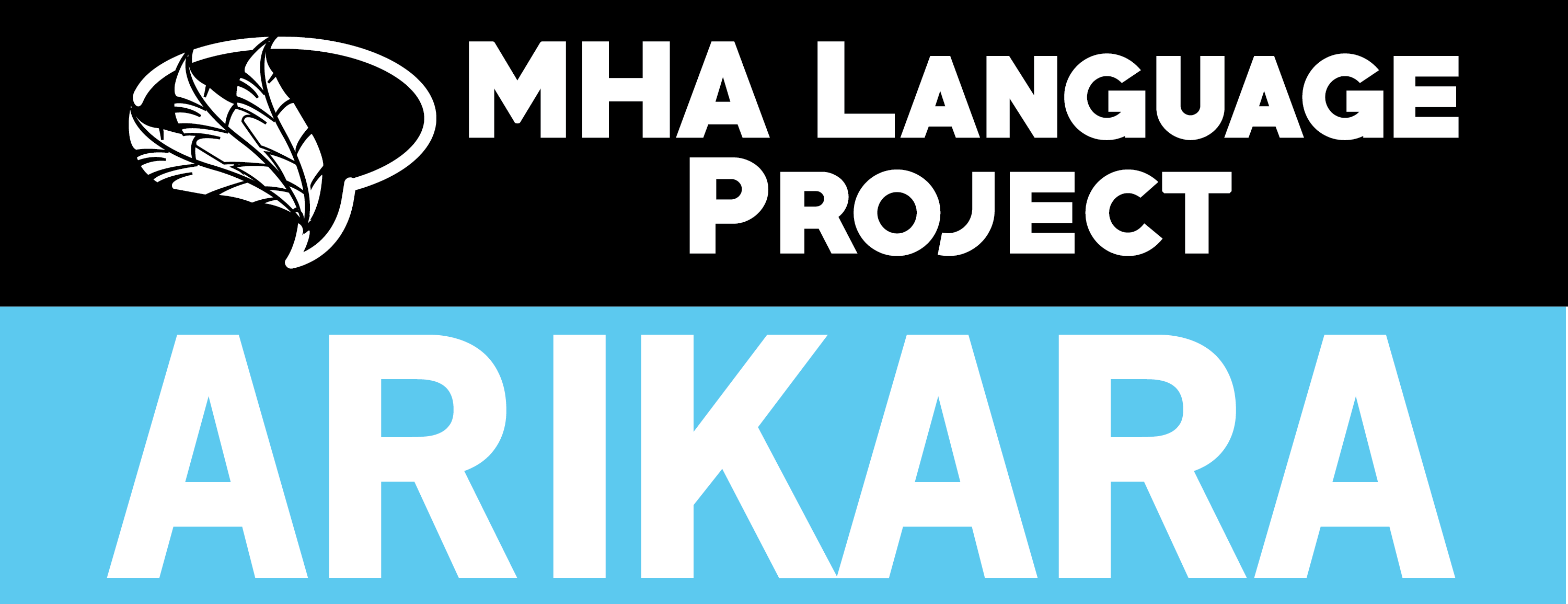Arikara belongs to the Caddoan language family – a family of languages that is spoken along the Missouri and Mississipi River Valleys. The family includes closely-related languages to Arikara, such as Caddo, Pawnee and Wichita.
We have a rich history that originated in a large area extending from the Gulf of Mexico, across Kansas, Nebraska, and South Dakota. Like the Hidatsa and Mandan, our tribe consisted of several villages organized into many bands along the Missouri River. As one of the few agricultural tribes of the plains, strong hunting and farming traditions contributed to our health and large population – one of the largest in the Northern Plains. Until the arrival of European settlers, everyone in the tribe spoke Arikara.
With the Europeans came successive disease outbreaks and wars that caused the loss of many traditions. After the first of a series of smallpox epidemics in the late 1700s, the tribe was devastated, with only a few villages remaining. As we sought to heal ourselves and rebuild the villages, we were raided repeatedly by the Lakota, which eventually lead to a move upriver. An alliance with the Mandans and Hidatsas in the late 1800s brought some strength, but U.S. Government policies that forced relocation, prohibited traditional practices and created multiple dams separated many villages and families. This, too, contributed to the decline of the Sáhniš language.
Today, there are no fluent speakers of Arikara and we estimate that there are just less than a dozen semi-fluent speakers in our communities.
Learn what the MHA Language Project – Arikara is doing to support the language.

